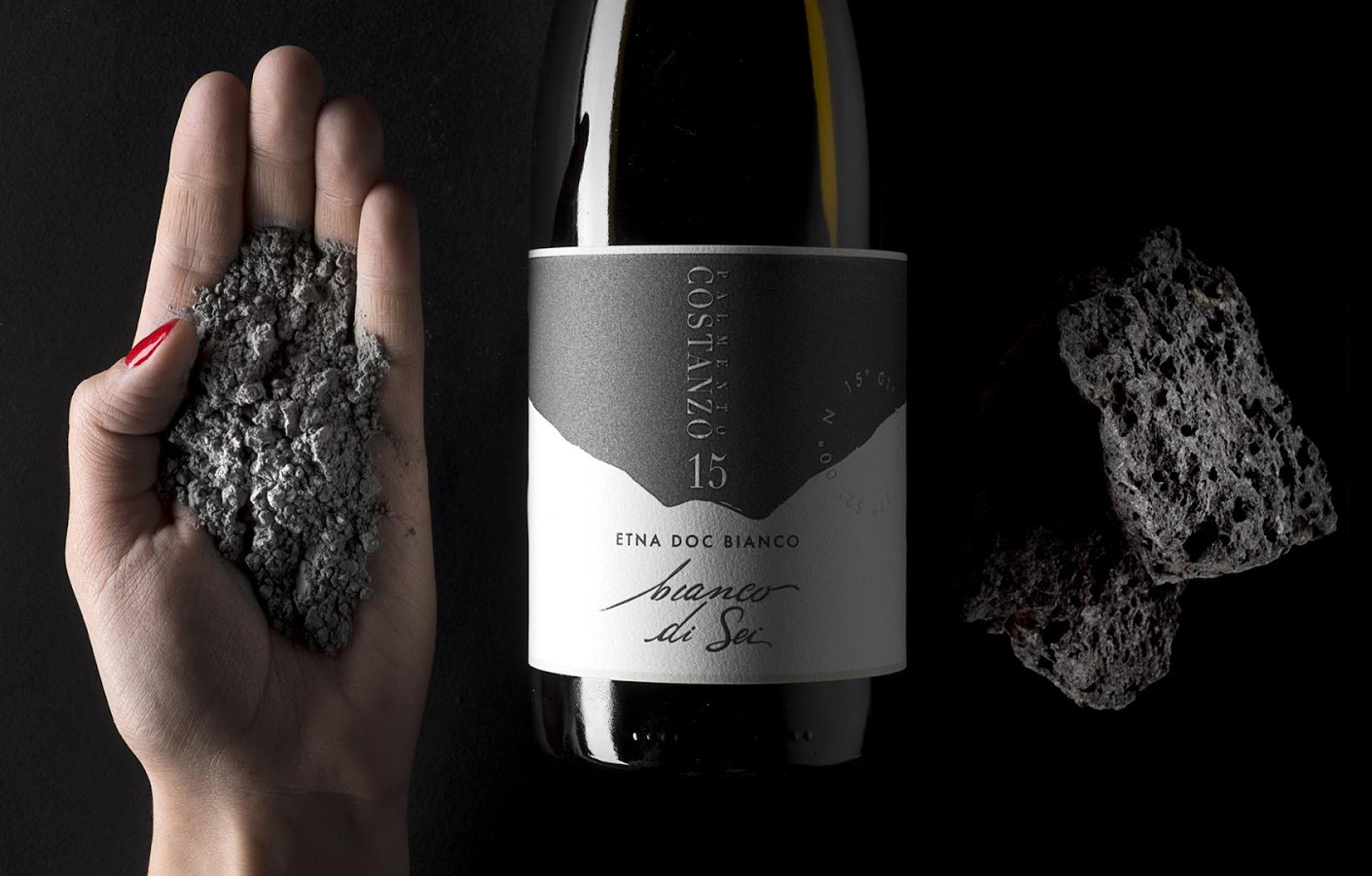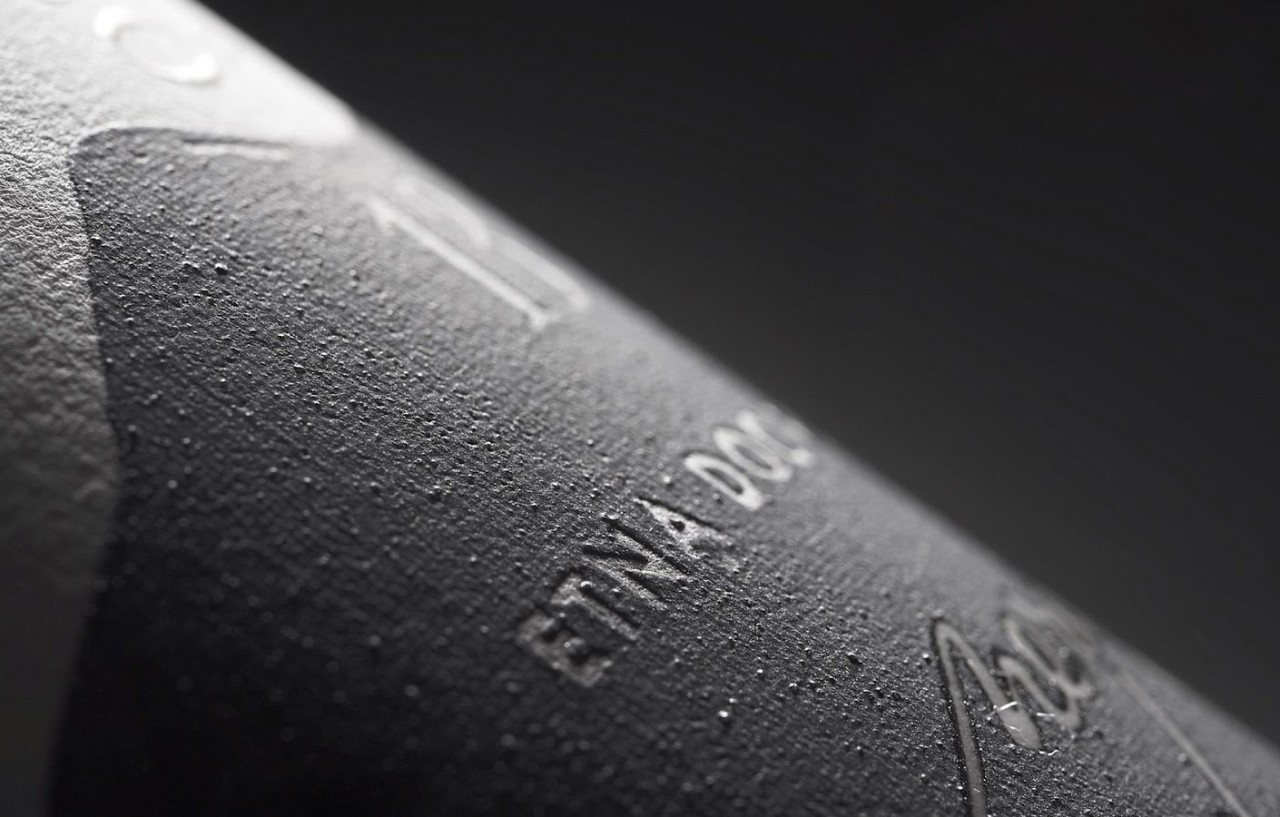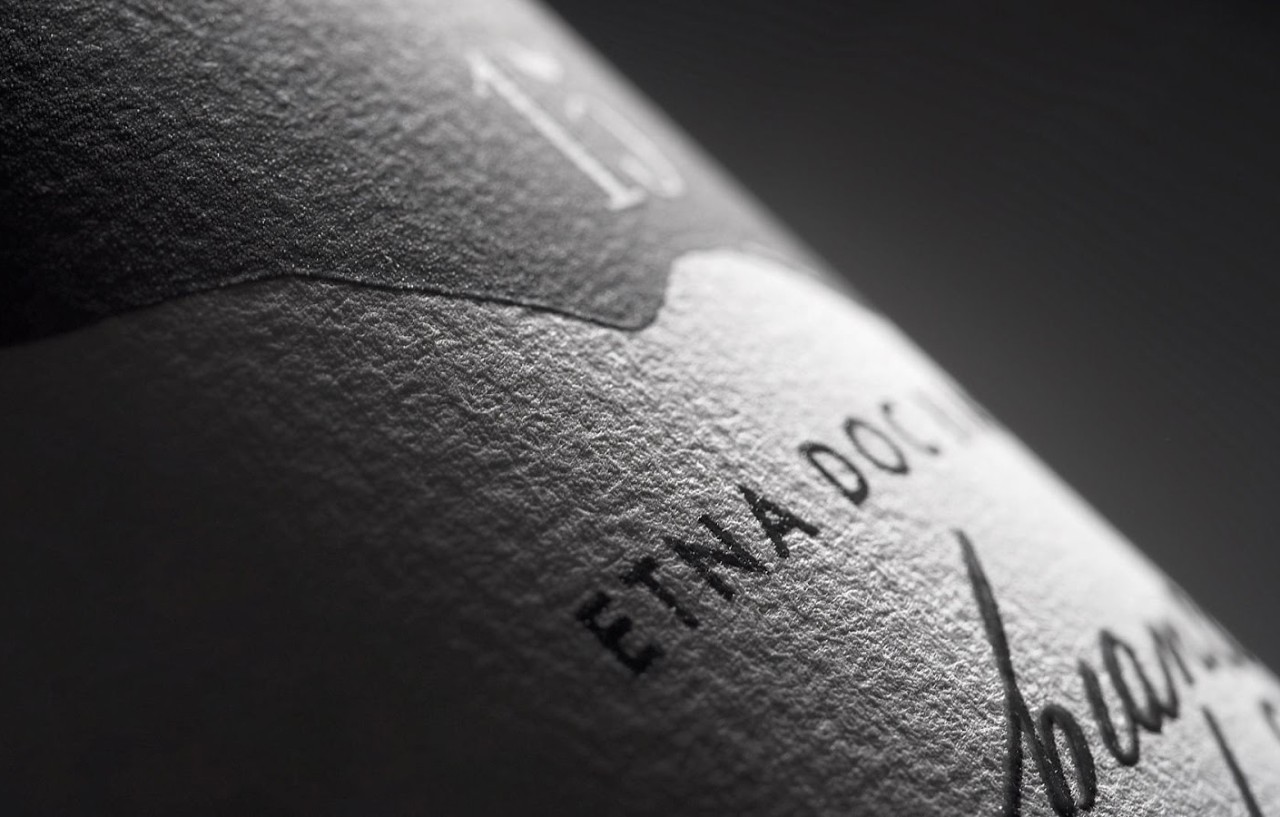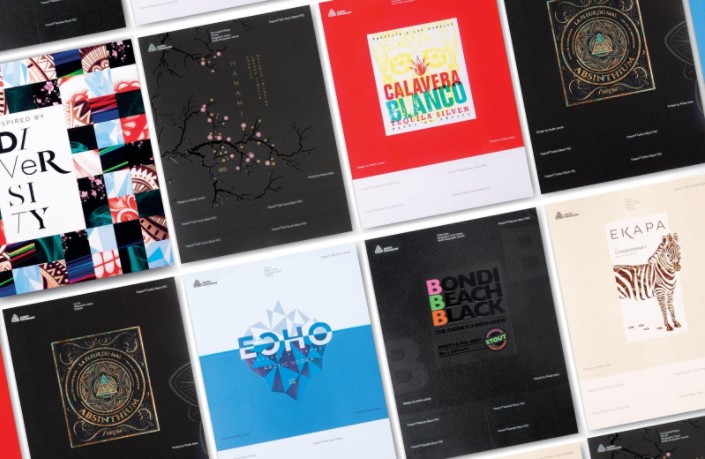
Printing the impossible
Rotas Italia is known for its work in pushing the outer limits of labeling and creating novel applications that surprise and delight. President and founder Francesco Celante shares with M_use contributor Marit Meelis some of what he’s learned during more than 50 years of thinking about—and experimenting with—self-adhesive technologies.
A visit to the United States and the Massachusetts Institute of Technology in 1964 saw the start of Francesco Celante’s interest in self-adhesive labeling. Avery Dennison had already invented the self-adhesive label, and labels could already be customised with flexographics.
Francesco could see the huge potential benefits of self-adhesive labeling versus wet glue, but the machinery needed to realise his vision was not available upon his return to Italy. It was the age before internet, mobiles or faxes. Importing a machine from Japan or the United States was a big risk in terms of after-sales support, so Francesco decided to design and build his own self-adhesive label printing machine. Today, the company still develops its own machinery for some of their unique printing technologies.
Francesco says the change from wet glue to self-adhesive labels has resulted in fundamental changes: “Enormous design freedom has emerged, both in terms of looks and shapes, and in terms of functionality—for example, labels that can resist temperatures of -196°C to +250°C. Our inspiration at Rotas has always been exclusively on pushing the limits of label printing, and doing what has never been done before. That focus on innovation, research and development has allowed us to explore new territory in the realm of wine and spirits. We have evolved to using labels to influence emotional responses and using new applications for advanced technology, such as RFID, with all of its possibilities for consumer interactions.”
Among the completely new solutions developed by Rotas during its long history, is a patented technique for creating bright three-dimensional images. Francesco says that such developments are not always the result of pursuing narrow objectives: “The fun lies in scientifically discovering things that are apparently useless, but which make you think about what could be possible. I like the IG Nobel awards that is, looking for strange, funny and yet absurd applications, the kind of improbable work that before they make you laugh, they get you to think. And I love working with young collaborators who are not just focused on advanced technology, but who are passionate and forward-thinkers interested in expressing emotions—in freedom. A new idea may have no real-world application right now, but because we’ve created the method, a new application may come into its own later.”


He goes on to say: “Printing with lava from the Etna volcano—the hardest material after diamond—was a one such achievement. We collaborated with design agency, Spazio Di Paolo. After an intense research and collaboration period with Spazio, we created a wine label printed with an extract of Mount Etna volcanic dust. The finished product is extraordinary. The label is tactile and luminescent, offering a unique visual experience for the consumer. Running your fingers over the label releases tiny particles of volcanic dust and the smell of Mount Etna.”
Recently Rotas worked on a collaboration with design agency Smith Lumen to create the Black and White “Inspired by Diversity” Envelope, a collection created for designers and converters to showcase different design ideas and printing techniques on a selection of six newly launched label materials by Avery Dennison. Francesco says that describing the collaboration process with Smith Lumen would be like trying to explain how you fall in love: “During the first meeting, we opened our tool bag. Or, if you prefer, we showed them all the instruments of the orchestra. And we left them to create the melody, the tune they wanted.”
“During the second meeting, they showed us their design and the collaboration started. We chose together the most suitable instruments for that melody then fine-tuned it in production, and bringing to life the most suitable printing techniques to achieve the emotion they wanted. Fine-tuning at the end involved subtle adjustments to colors, shades and foils. They created the music, we put in the notes.”

This method of collaboration is key to the philosophy of Rotas and typical for Francesco and his team. He says: “When working with a researcher or an engineer on a new innovation, I don’t say, ‘here’s what I need.’ I ask, ‘What is your passion? What do you love?’ And then I let them develop something truly special. Maybe after ten years, we’ll find an application. But at Rotas we’re all about discovery and change. We keep our minds open. We create the impossible. And we don’t let the naysayers stop us from trying something never done before.”
Rotas’s velvet labels, nominee of the Lux Pack award, offer another example of a unique approach: “This project mixed technologies and special effects,” says Francesco. “As well as ‘playing instruments,’ we sometimes create new ones. Velvet is an extraordinary material to work with, giving us a wonderful iridescent finish. It defies mass production, and we made things even more interesting by incorporating a stone—the antithesis of velvet.”
As a student of RFID technology for almost 20 years, Francesco sees it as a key future direction: “Ten years ago we produced an RFID label from scratch that was suitable for metal surfaces, using an antenna we designed. It was a first, and it’s still used. There are countless possibilities, and we are always studying them. RFID takes us beyond touch and sight, and we have six patents for ways in which the technology can be used to help labels completely transform a product.”
Francesco says that the consumer remains at the heart of Rotas products: “Consumers want security, and simplicity, and reassurance on ethics. All of those things can be enabled with printed labels, and opening up the RFID universe allows even more. People ask me what labelling is for, and I always say it’s about communication—about emotions and messages.”
About Rotas
Rotas is a visionary company willing to convey to brand owner and graphic studios, “Do not restrain your imagination, let it go wild!” even when ideas are innovative and complex.
Rotas is a revolutionary company that believes in the ability of a label to change the product perception, influencing its choice and increasing its value. Rotas wants to help brand owners gain favor with impulse buyers and gain customer loyalty.
Rotas is a research and development company able to listen, develop and print always beautiful and different solutions to meet the needs of those looking for niche positioning. In the past three years, Rotas has received 15 awards in international competitions. Rotas is all this, and more.
To learn more, visit rotas.com








